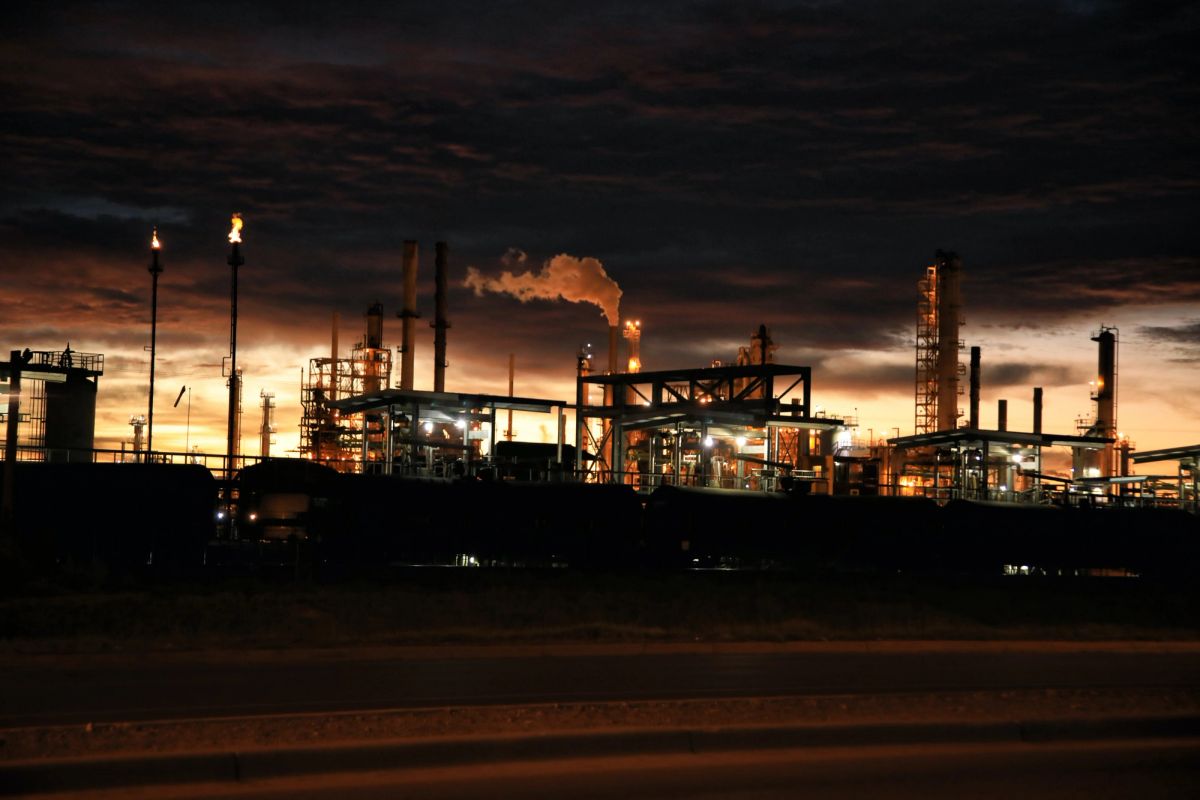What is Demand Response ?
Demand response or demand side response works on the premise that if your company decreases its energy use during peak demand periods, you will be compensated depending on how much you cut. It's a win-win situation for everyone: you'll have more money to invest in other ways and a cheaper energy bill. The power system will have more electricity supply in the tank to assist in getting through peak load times.
Benefits of Demand Response for Your business
1. Your energy strategy becomes a source of income.
Let's start with the most obvious reason for taking part — a revenue boost. That's right, you earn money through demand side generation .
At the end of each demand response season, you will be paid depending on the total KW reduction your firm accomplished within the specified period. You have ultimate control over how much energy your company saves during peak hours, thanks to an energy consumption reduction plan customised by our staff based on your exact power use.
There are no expenses, fees, or financial risks associated with participation in the programme. Earnings are determined by several criteria, including the number of hours engaged in the programme, the MW lowered, and current energy pricing. The more available you are, the more you can earn.
2. Your company is safe from the hazards of market volatility.
By limiting your power use during peak demand hours, your company will decrease the high costs that are often experienced during these peak electricity demand periods. As a demand side response participant, you'll also be more aware of the energy market and when times of electric grid instability are on the horizon. That alone may help you prepare for what's to come and, in particular, minimise voltage drops that might damage or disturb equipment.
3. Improved Understanding of Energy Consumption
Reducing power use during peak demand typically results in cheaper wholesale pricing. As power demand falls, less efficient and commonly more costly electricity production is no longer required, helping to keep energy prices in control.
4. Grid reliability improves
Dropping demand improves the reliability of the grid. Reduced need puts less strain on energy transition and distribution networks, making them less likely to collapse.
5. Power outages will be announced in advance.
Another benefit of participating in a demand response programme is that participants get early notification of power interruptions. This enables businesses to plan their activities around any anticipated interruption and safeguard their premises from any harm that an outage may cause. If a blackout is impending, you will be notified in advance so that you may prepare and protect your goods, operations, or equipment.
6. Demand response is cost-effective.
For firms, taking part might be a wise financial move. Make a point of emphasising the cost benefits for corporate clients and how this initiative will help their bottom line. Reducing power use during peak demand frequently results in reduced index costs. As power demand falls, less efficient and typically more costly electricity production is no longer required, helping to keep energy prices in control.
7. Your company becomes a part of a more extensive solution.
Participating in a Demand Response programme not only benefits your company directly but also benefits the grid as a whole. Your involvement in a universe of firms dedicated to peak demand reduction helps supply and demand remain balanced, decreasing the dangers of brownouts and blackouts. This might prevent the need to restart inefficient power facilities or develop new generating units at a higher level.
8. You contribute to the integration of renewable energy.
Renewable energy sources such as wind and solar are inherently variable—the sun does not always shine, and the wind does not constantly blow. Demand response can help control this fluctuation, and it will become more valuable as renewables come online. Many power plants cannot swiftly modify their output in reaction to variations in renewable energy. However, you may build demand response fast to adapt to variation and integrate wind and solar. Learn everything you need to know about solar farms here.
9. Demand Response brings green credentials for your company.
The environment is a hot topic right now, particularly as energy utilities prepare for their mid-century clean energy ambitions. Demand response has several environmental advantages, including lowering energy consumption, decreasing the need for fossil-fuelled power plants, and assisting in managing system difficulties caused by growing wind and solar energy.
Watch the demand response masterclass
Learn more about demand response by watching our demand response masterclass.





